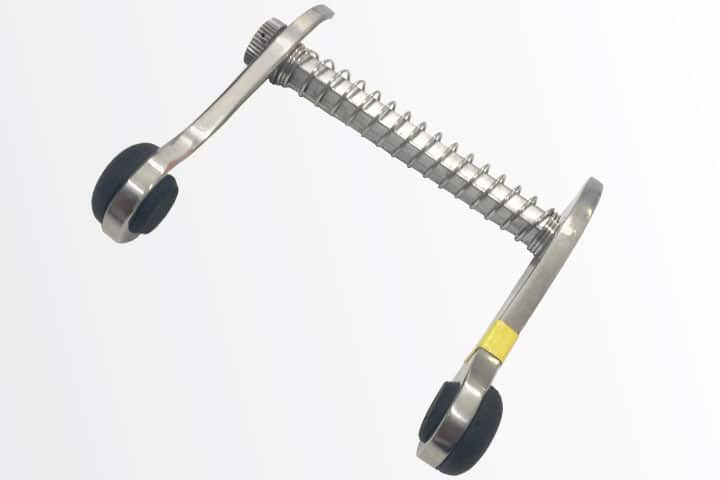
Rarely, blindness can be seen following anaesthesia, in previously seemingly-healthy cats. Blindness can be caused by ocular or central nervous system (CNS) abnormalities.
Post-anaesthetic blindness is most commonly due to CNS disorders, and an ophthalmological exam would be expected to be unremarkable. While many CNS abnormalities can cause blindness (neoplasia, inflammation etc), in the post-anaesthesia setting, hypoxia is the main aetiology.
In a 2013 Veterinary Journal article looking at 20 cats with post-GA cortical blindness, three cats had had a cardiac arrest under anaesthesia- a clear explanation for central hypoxia. In 17/20 cats, there were no obvious anaesthesia problems based upon the clinical records; however it was noted that mouth gags had been used in 16/20 cases.
Further work has shown that use of spring-loaded mouth gags in cats can be associated with the development of central neurological deficits – most commonly blindness. In cats, the maxillary arteries provide the main vascular supply to the retinas and brain. The maxillary arteries run between the rostrolateral wall of the tympanic bulla and the angular process of the mandible, and when the mouth is opened there is a mediolateral compression of the maxillary arteries by local soft tissue, resulting in a reduction of the blood flow in these vessels, leaving the retinas and brain vulnerable to ischaemia and resultant hypoxia.
Electroretinography (ERG) and magnetic resonance angiography (MRA) looking at healthy cats under anaesthesia showed that even the use of smaller ‘homemade’ mouth gags, such as a needle cap (42mm in length), result in compromised blood flow.
Current thoughts are to minimize the use of mouth gags in cats, and in cases where they are absolutely required, they should be regularly released to minimise the possibility of vascular compromise to the important structures of the brain and eye.
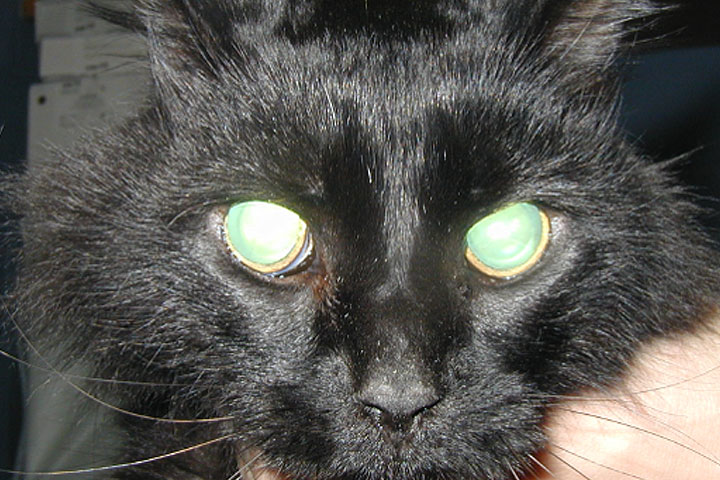
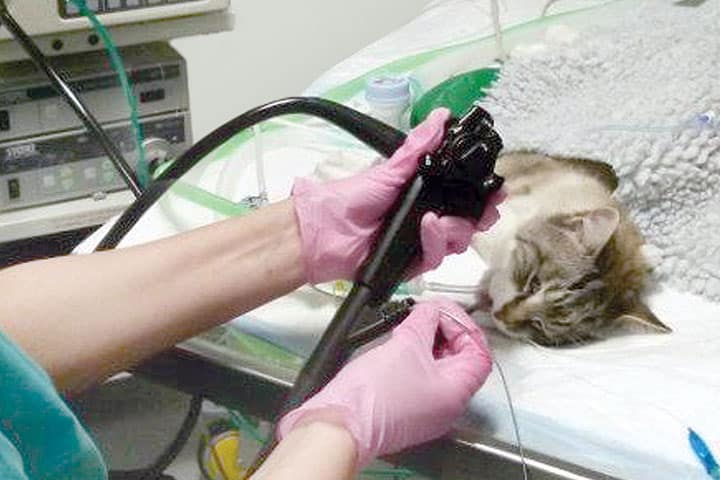
Case Advice or Arranging a Referral
If you are a veterinary professional and would like to discuss a case with one of our team, or require pre-referral advice about a patient, please call 01883 741449. Alternatively, to refer a case, please use the online referral form
About The Discipline
Anaesthesia
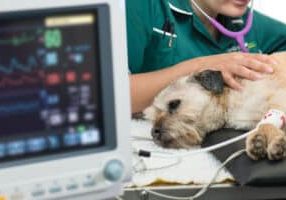
Need case advice or have any questions?
If you have any questions or would like advice on a case please call our dedicated vet line on 01883 741449 and ask to speak to one of our Anaesthesia team.
Advice is freely available, even if the case cannot be referred.
Internal Medicine
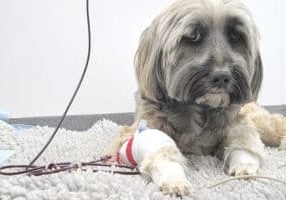
Need case advice or have any questions?
If you have any questions or would like advice on a case please call our dedicated vet line on 01883 741449 and ask to speak to one of our Internal Medicine team.
Advice is freely available, even if the case cannot be referred.
Anaesthesia and Analgesia Team
Our Anaesthesia and Analgesia Team offer a caring, multi-disciplinary approach to all medical and surgical conditions.
Internal Medicine Team
Our Internal Medicine Team offer a caring, multi-disciplinary approach to all medical and surgical conditions.